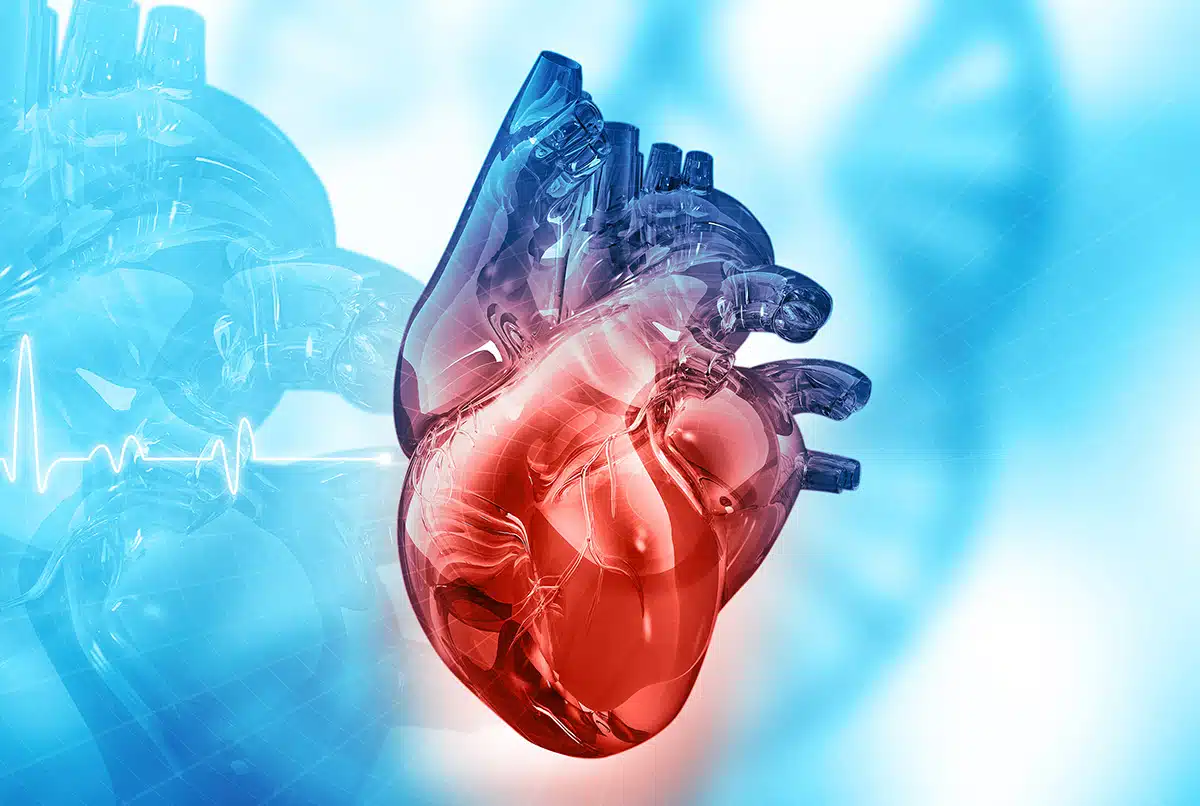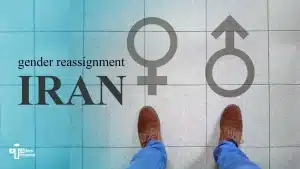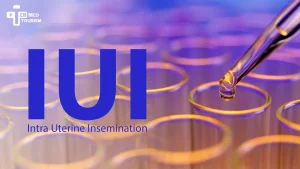Cardiovascular disease can refer to a number of conditions:
Heart surgery in Iran
Heart disease
Heart and blood vessel disease (also called heart disease) includes numerous problems, many of which are related to a process called atherosclerosis. Atherosclerosis is a condition that develops when a substance called plaque builds up in the walls of the arteries. This buildup narrows the arteries, making it harder for blood to flow through. If a blood clot forms, it can block the blood flow. This can cause a heart attack or stroke. Heart surgery in Iran
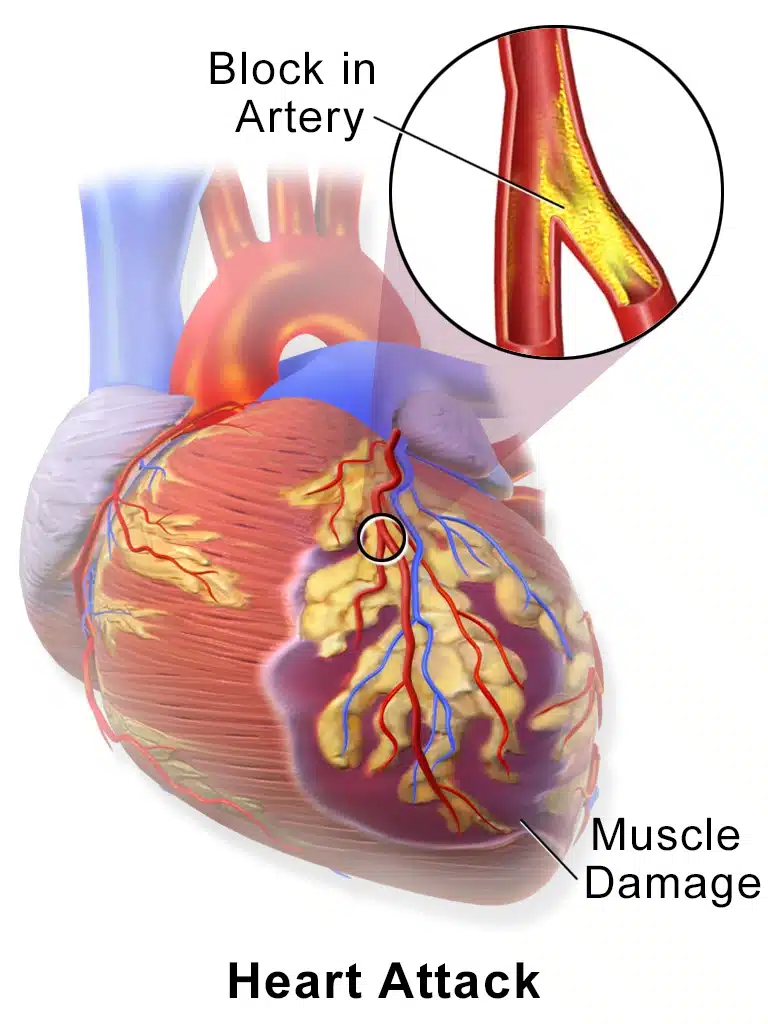
Heart attack
A heart attack occurs when the blood flow to a part of the heart is blocked by a blood clot. If this clot cuts off the blood flow completely, the part of the heart muscle supplied by that artery begins to die. Most people survive their first heart attack and return to their normal lives, enjoying many more years of productive activity. But experiencing a heart attack does mean that you need to make some changes. The medications and lifestyle changes that your doctor recommends may vary according to how badly your heart was damaged, and to what degree of heart disease caused the heart attack. Angioplasty in Iran by TebMedTourism Heart surgery in Iran
Heart failure
Heart failure, sometimes called congestive heart failure, means the heart isn’t pumping blood as well as it should. Heart failure does not mean that the heart stops beating — that’s a common misconception. Instead, the heart keeps working, but the body’s need for blood and oxygen isn’t being met. Heart failure can get worse if left untreated. If your loved one has heart failure, it’s very important to follow the doctor’s orders.
Arrhythmia
Arrhythmia refers to abnormal heart rhythm. There are various types of arrhythmias. The heart can beat too slow, too fast or irregularly. Bradycardia, or a heart rate that’s too slow, is when the heart rate is less than 60 beats per minute. Tachycardia, or a heart rate that’s too fast, refers to a heart rate of more than 100 beats per minute. An arrhythmia can affect how well your heart works. With an irregular heartbeat, your heart may not be able to pump enough blood to meet your body’s needs. Heart surgery in Iran
Heart valve problems
When heart valves don’t open enough to allow the blood to flow through as it should, a condition called stenosis results. When the heart valves don’t close properly and thus allow blood to leak through, it’s called regurgitation. If the valve leaflets bulge or prolapse back into the upper chamber, it’s a condition called prolapse. Discover more about the roles your heart valves play in healthy circulation.
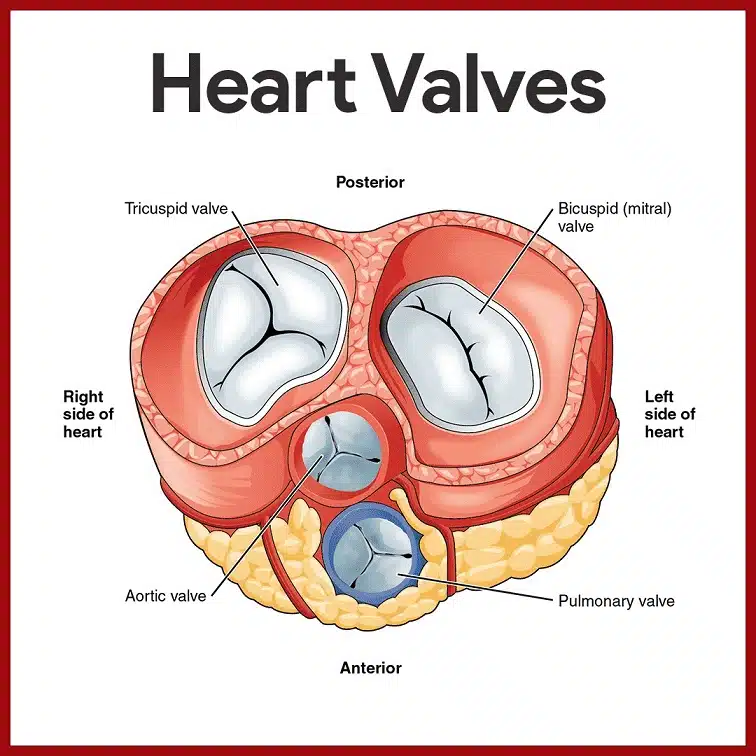
What Is Acute Coronary Syndrome (ACS)?
Many people hear the term “acute coronary syndrome” related to heart attack. But just what is it? Acute coronary syndrome (ACS) is a life-threatening form of coronary heart disease (CHD) that occurs when the heart muscle does not receive enough oxygen-rich blood. ACS includes myocardial infarction (MI), also known as a heart attack, and unstable angina, or sudden, severe chest pain that typically occurs when a person is at rest. Every year, ACS affects an estimated 1.4 million people in the United States and another 1.4 million people in Europe. Even though patients receive intense ACS management while in the hospital, new treatments are needed to reduce the risk of acute heart attack, stroke, and cardiovascular death. ACS patients receive anticoagulant drugs but this treatment is limited to the hospital.Heart surgery in Iran
Diagnosis
Heart surgery in Iran The tests you’ll need to diagnose your heart disease depend on what condition your doctor thinks you might have. No matter what type of heart disease you have, your doctor will likely perform a physical exam and ask about your personal and family medical history before doing any tests. Besides blood tests and a chest X-ray, tests to diagnose heart disease can include:
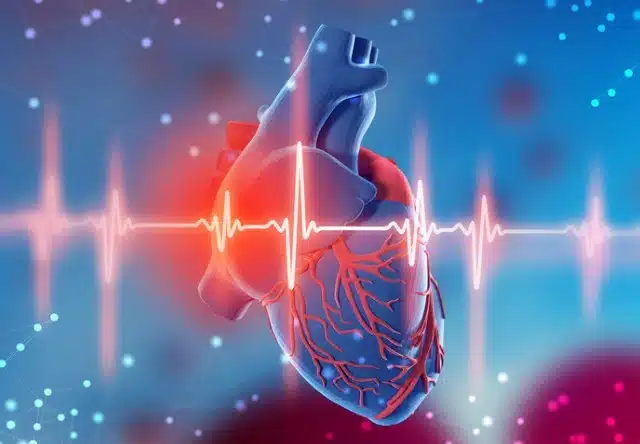
- Electrocardiogram (ECG). An ECG records these electrical signals and can help your doctor detect irregularities in your heart’s rhythm and structure. You may have an ECG while you’re at rest or while exercising (stress electrocardiogram).
- Holter monitoring: A Holter monitor is a portable device you wear to record a continuous ECG, usually for 24 to 72 hours. Holter monitoring is used to detect heart rhythm irregularities that aren’t found during a regular ECG exam.
- Echocardiogram: This noninvasive exam, which includes an ultrasound of your chest, shows detailed images of your heart’s structure and function.
- Stress test: This type of test involves raising your heart rate with exercise or medicine while performing heart tests and imaging to check how your heart responds.
- Cardiac catheterization: In this test, a short tube (sheath) is inserted into a vein or artery in your leg (groin) or arm. A hollow, flexible and longer tube (guide catheter) is then inserted into the sheath. Aided by X-ray images on a monitor, your doctor threads the guide catheter through that artery until it reaches your heart.
- The pressures in your heart chambers can be measured, and dye can be injected. The dye can be seen on an X-ray, which helps your doctor see the blood flow through your heart, blood vessels, and valves to check for abnormalities.
- Cardiac computerized tomography (CT) scan: This test is often used to check for heart problems. In a cardiac CT scan, you lie on a table inside a doughnut-shaped machine. An X-ray tube inside the machine rotates around your body and collects images of your heart and chest.
- Cardiac magnetic resonance imaging (MRI): For this test, you lie on a table inside a long tube-like machine that produces a magnetic field. The magnetic field produces pictures to help your doctor evaluate your heart.Heart surgery in Iran
Treatment
Heart disease treatments vary by condition. For instance, if you have a heart infection, you’ll likely be given antibiotics. In general, treatment for heart disease usually includes:
- Lifestyle changes. These include eating a low-fat and low-sodium diet, getting at least 30 minutes of moderate exercise on most days of the week, quitting smoking, and limiting alcohol intake.
- Medications. If lifestyle changes alone aren’t enough, your doctor may prescribe medications to control your heart disease. The type of medication will depend on the type of heart disease.
- Medical procedures or surgery. If medications aren’t enough, it’s possible your doctor will recommend specific procedures or surgery. The type of procedure will depend on the type of heart disease and the extent of the damage to your heart.
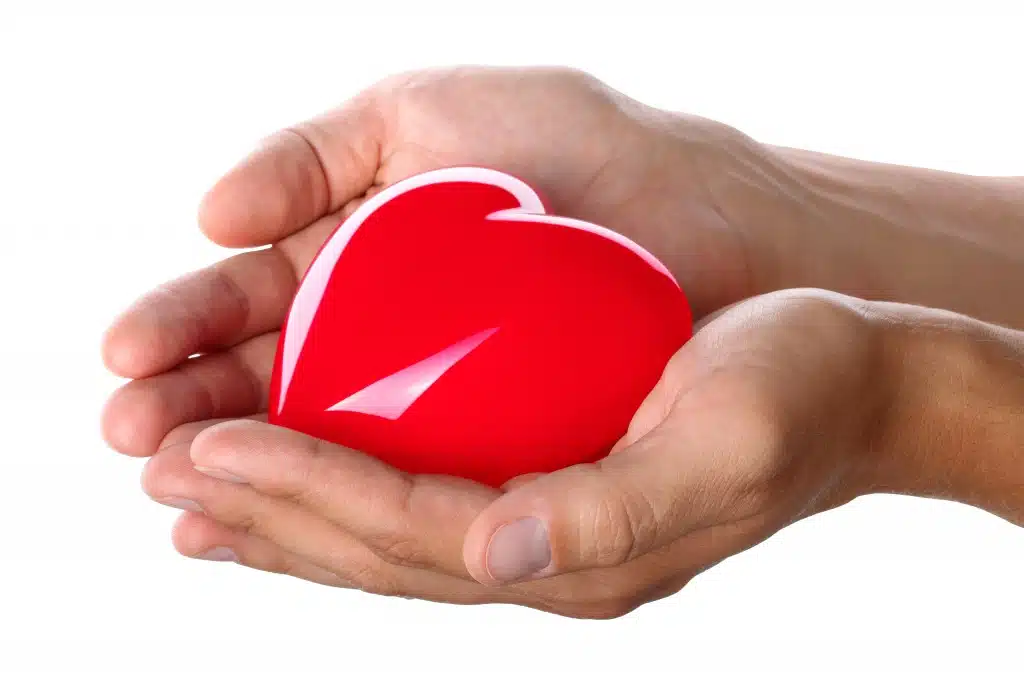
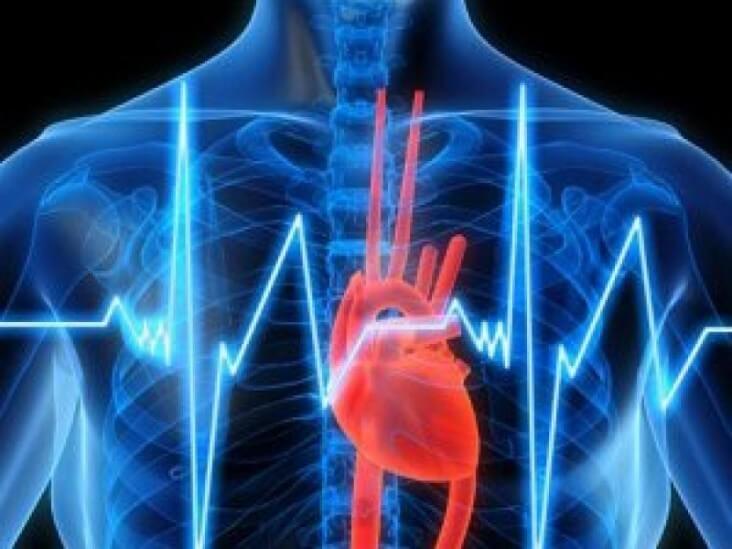
Common treatments:
Here are some common treatments for different types of cardiovascular disease: Heart Valve Problems
- Medications
- Heart valve surgery
Arrhythmia
- Medications
- Pacemaker
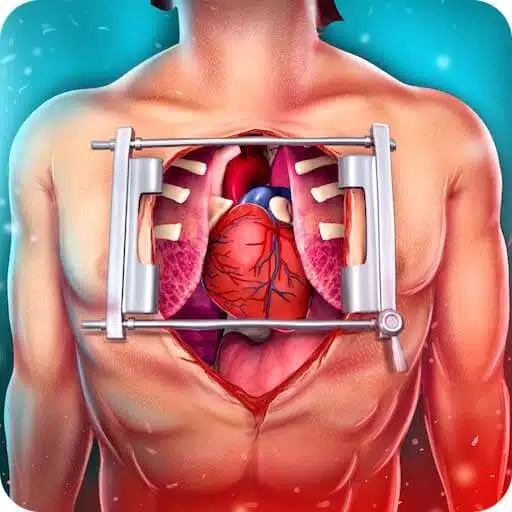
Heart Attack
- Medications — clot-busters (should be administered as soon as possible for certain types of heart attacks)
- Coronary angioplasty
- Coronary artery bypass graft surgery
Stroke
- Medications – clot-busters (must be administered within three hours from onset of stroke symptoms for certain types of strokes)
- Carotid endarterectomy
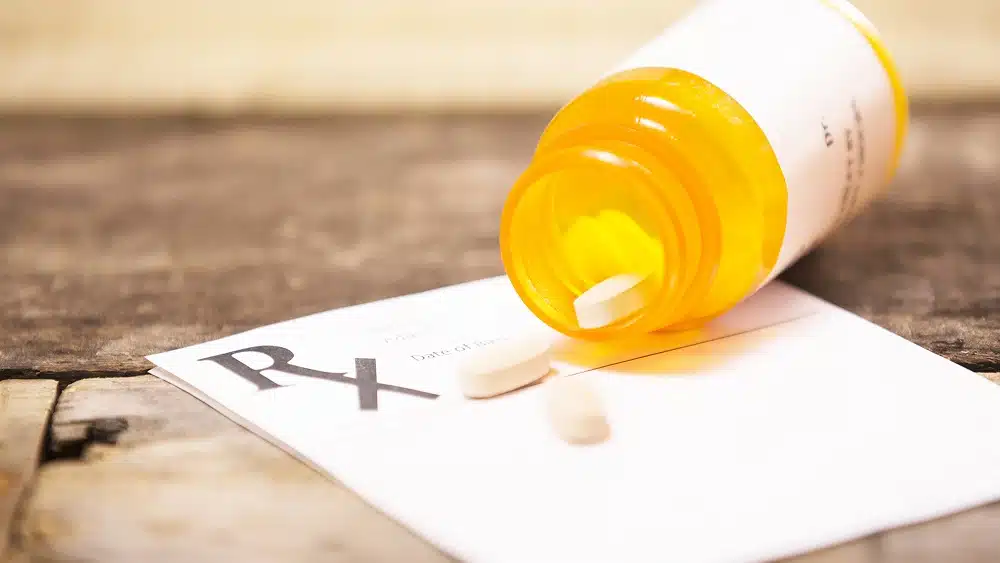
Cardiac medications
The medications prescribed in the wake of a cardiac event can aid in recovery and work to prevent another stroke or heart attack.
If you’re a caregiver, make it your responsibility to help your loved one take medications as directed and on time. Educate yourself about the medications that your loved one must take. Know what those medicines do, and what their goal is.
It’s important to follow your doctor’s directions closely, so ask questions and take notes.
cardiovascular surgery:
Cardiac surgery, or cardiovascular surgery, is surgery on the heart or great vessels performed by cardiac surgeons. It is often used to treat complications of ischemic heart disease (for example, with coronary artery bypass grafting); to correct congenital heart disease; or to treat valvular heart disease from various causes, including endocarditis, rheumatic heart disease, and atherosclerosis. It also includes heart transplantation. Heart (cardiac) and chest (thoracic) surgeons at Tebmedtourism company in Iran, diagnose and surgically treat conditions of the heart, lungs, and chest. They perform thousands of cardiac surgeries each year. Iranian surgeons are on the leading edge of treating cardiovascular and cardiothoracic conditions, including those that are rare and complex. They use the latest innovations in heart surgery, such as minimally invasive heart surgery. Cardiovascular and cardiothoracic surgeons in Iran are part of an integrated, multidisciplinary team of doctors and health care professionals who provide individualized care. They ensure you receive exactly the care you need.
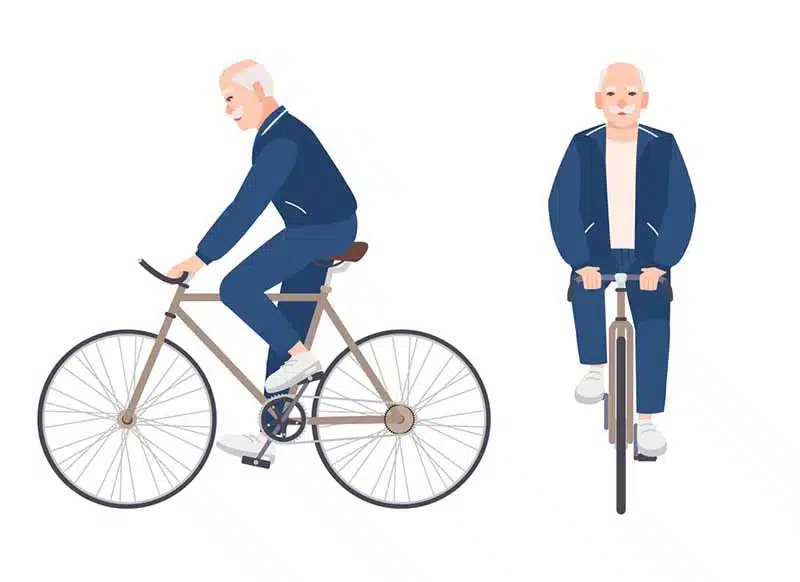
Lifestyle and home remedies
Heart disease can be improved — or even prevented — by making certain lifestyle changes. The following changes can help anyone who wants to improve heart health:
- Stop smoking.
- Control your blood pressure.
- Check your cholesterol.
- Keep diabetes under control.
- Move and
With your doctor’s OK, aim for 30 to 60 minutes of physical activity most days of the week.
- Eat healthy foods.
- Maintain a healthy weight.
- Manage stress.
- Deal with depression.
- Practice good hygiene.
Also, get regular medical checkups. Early detection and treatment can set the stage for a lifetime of better heart health.
Coping and support
You may feel frustrated, upset or overwhelmed upon learning you or your loved one has heart disease. Fortunately, there are ways to help cope with heart disease or improve your condition. These include:
- Cardiac rehabilitation. For people who have cardiovascular disease that’s caused a heart attack or has required surgery to correct, cardiac rehabilitation is often recommended as a way to improve treatment and speed recovery. Cardiac rehabilitation involves levels of monitored exercise, nutritional counseling, emotional support, and support and education about lifestyle changes to reduce your risk of heart problems.
- Support groups. Turning to friends and family for support is essential, but if you need more help, talk to your doctor about joining a support group. You may find that talking about your concerns with others with similar difficulties can help.
- Continued medical checkups. If you have a recurring or chronic heart condition, regularly check in with your doctor to make sure you’re properly managing your heart condition.
Preparing for your appointment
Some types of heart disease will be discovered without an appointment — for example, if a child is born with a serious heart defect, it will be detected soon after birth. In other cases, your heart disease may be diagnosed in an emergency situation, such as a heart attack.
If you think you have heart disease or are worried about your heart disease risk because of your family history, see your family doctor. You may be referred to a heart specialist (cardiologist).
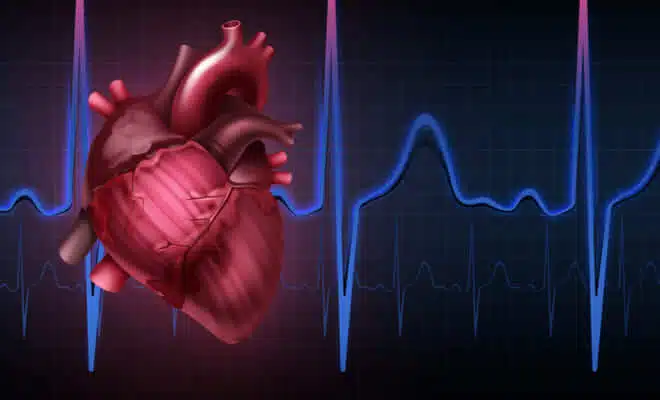
What to expect from your doctor
Your doctor is likely to ask you questions, such as:
- When did your symptoms begin?
- Have your symptoms been continuous or occasional?
- How severe are your symptoms?
- What, if anything, seems to improve your symptoms?
- What, if anything, appears to worsen your symptoms?
- Do you have a family history of heart disease, diabetes, high blood pressure or other serious illness?
What you can do in the meantime
It’s never too early to make healthy lifestyle changes, such as quitting smoking, eating healthy foods and becoming more physically active. These are primary lines of defense against heart disease and its complications.







